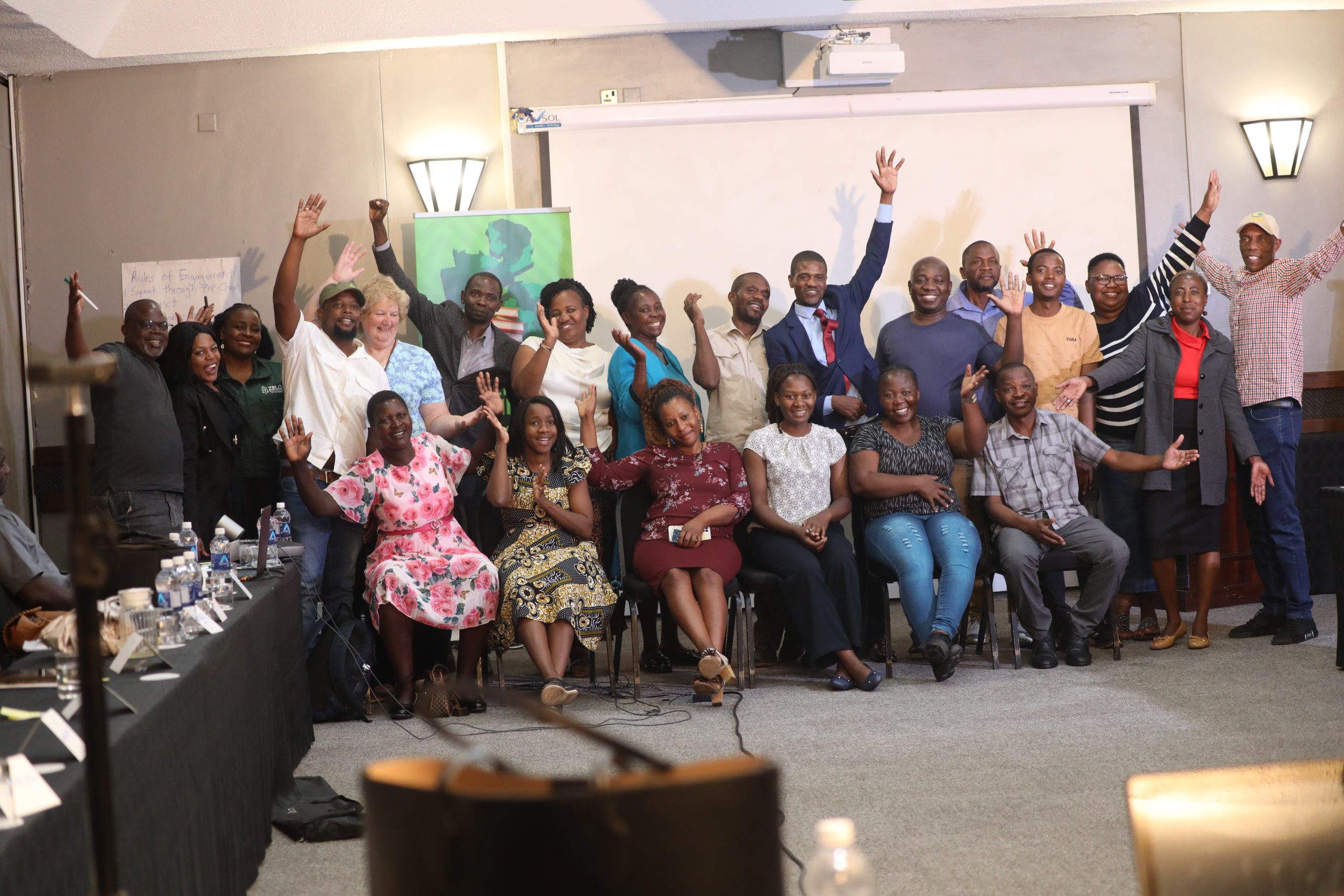By Priscilla Roso
Across Africa, the Global Alliance for Green and Gender Action (GAGGA) and Global Green Grants are at the forefront of ensuring grassroots voices shape the fight for climate and environmental justice.
This was revealed during a feedback and learning session for GAGGA Zimbabwean grantees, with participation from Zambian partners that facilitated structured reflection, cross-border learning, and the sharing of success stories, challenges, and strategies for strengthening women’s leadership and advancing environmental justice in the face of extractive industry impacts.
By channeling resources directly to organizations led by women and communities, the program has successfully shifted power, amplified advocacy, and built locally driven solutions that respond to real challenges on the ground.
Findings of a recent GAGGA project evaluation revealed the impact of GAGGA funding, highlighting how grants have enabled communities to address immediate issues such as water access, pollution, and climate shocks. More importantly, the evaluation underscored that this support has strengthened women’s leadership in spaces traditionally closed to them.
The evaluation noted that effective programming thrives when it is community centric, inclusive, and flexible, ensuring that interventions tackle structural inequalities while empowering women to transform systems of power.
The true measure of this work, however, lies in the stories of resilience emerging from these communities. In Zimbabwe, for example, women trained as environmental ambassadors in Mutasa and Penhalonga successfully petitioned local authorities over polluted water supplies, winning their case in court and restoring clean water for their communities. This victory also boosted women’s participation in local decision making.
Similarly, in Chiadzwa along the Save River, communities engaged the Environmental Management Agency to hold mining companies accountable for water pollution and degradation, pushing for environmental rehabilitation. In Kwekwe and surrounding mining areas, women’s organizations advocated for greater transparency on payments and promoted climate resilient farming, empowering rural women with alternative livelihoods to reduce their dependence on extractive industries and their vulnerability to gender based violence.
This transformative impact extends beyond mining advocacy. In Hwange, Zimbabwe, the Dikowane Trust turned a crisis of poaching and human wildlife conflict into an opportunity. Through mentorship and market linkages, young people from poacher families are now working in wildlife conservation, with one boy becoming the youngest ranger in Hwange National Park.
Further afield, in Zambia’s Copperbelt, communities devastated by toxic dam spills and acid rain from mining used GAGGA support to demand compensation, relocation, and the right to clean water. In this fight, women and youth have been central in calling for long term solutions and accountability.
These stories remind us that climate and environmental justice cannot be achieved without gender justice. By resourcing grassroots movements and centering women’s voices, GAGGA proves that change is possible, not through top down solutions, but through the strength and innovation of communities themselves.
As one rural women’s organization explained, “We want to give women a platform to participate. But often, when they come, they remain silent because their background makes them feel inferior in symposium spaces and language becomes a barrier. That is why we are stepping in to build their confidence and capacity to speak up.”
A recent workshop served as a key reflection on these achievements, celebrating outcomes such as strengthened alliances, shared strategies for climate justice, and the amplified voices of women in environmental governance. The gathering reinforced the importance of collective action across regions and movements to promote sustainable development and uphold human rights.
Looking ahead, ZELO has committed to fundraising for an ecosystem impact assessment laboratory focused on water, climate, and air to further assist community-based organizations in gathering scientific evidence for their advocacy and lobbying efforts.
